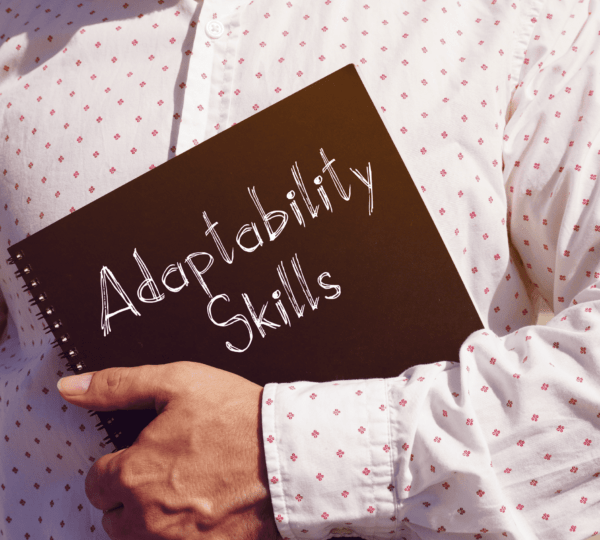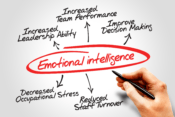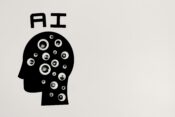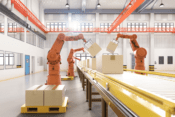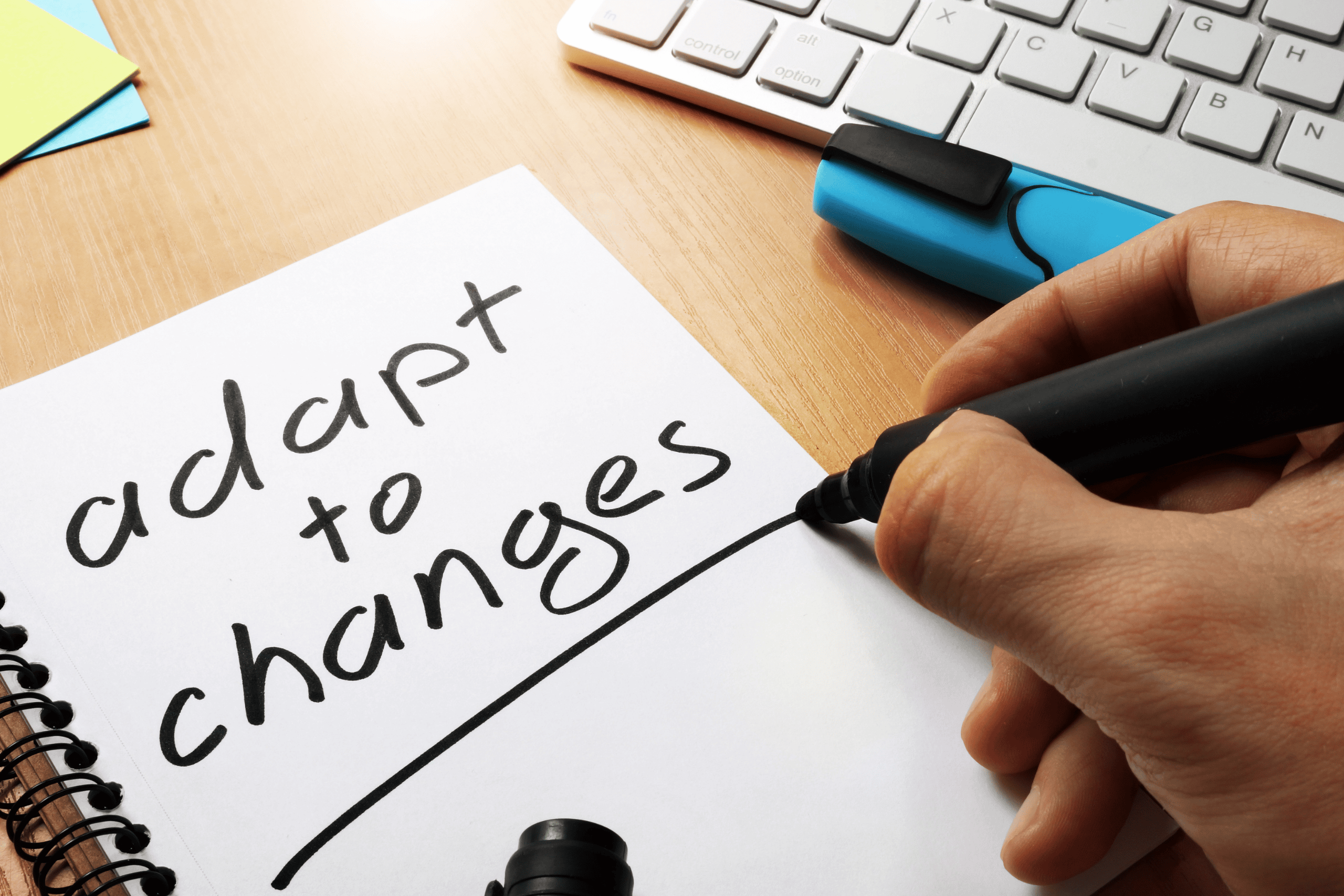
The importance of adaptability in a rapidly changing world
It was one of those rare weekends when I had nothing planned and decided to take a walk in the park. I stepped outside, feeling the cool autumn air, and as I walked along the winding path, I noticed how much things had changed recently. The trees, which were once full of green leaves, were now showing shades of red, orange, and yellow. It was beautiful, but I also noticed the park was quieter. There were fewer people around, and the usual chatter was missing.
I sat down on a bench by the lake, enjoying the peaceful view. As I watched the water move gently, my thoughts began to drift. I realized that, like the changing seasons, the world is always changing. Change is something we can’t avoid, whether we like it or not. What struck me most in that moment was how important it is to adapt. Just like the trees adjust to the seasons, we too must learn to adapt to changes in our personal lives, work, and society.
This brings us to a crucial question: How do we thrive in such a rapidly changing world?
Why Adaptability Is More Important Than Ever
In today’s world, we are constantly faced with new challenges, opportunities, and uncertainties. Whether it’s the rise of new technologies, shifting societal norms, or economic fluctuations, the pace of change is accelerating. A few years ago, many of us had never heard of terms like “remote work” or “AI-driven automation.” Now, they’re part of everyday conversation. According to a recent survey by McKinsey & Company, 87% of executives say they are experiencing skill gaps in their organizations due to rapid technological advancements. This rapid pace of change can be overwhelming, but it’s a reminder that adaptability has never been more critical.
What is adaptability?
Adaptability is the ability to adjust to new conditions or environments. It’s about being open to change, learning from new experiences, and developing the resilience to bounce back from challenges. In the workplace, adaptability can mean embracing new technologies, shifting job roles, or finding creative solutions to unforeseen problems. On a personal level, it involves adjusting to life changes, whether it’s moving to a new city, dealing with health challenges, or managing the pressures of modern-day living.
The Rapid Pace of Change in the Modern World
In a rapidly changing world, adaptability is the key to survival. Change is not just inevitable; it’s also coming at us faster than ever before. According to the World Economic Forum’s Future of Jobs Report 2020, technological advancement is expected to disrupt over 40% of jobs worldwide by 2025. The rise of artificial intelligence (AI), automation, and digital transformation is reshaping industries and the job market in unprecedented ways. This shift in the global economy is creating a demand for new skills and a workforce that is adaptable to these changes.
Take, for example, the global COVID-19 pandemic. In an instant, the entire world was forced to adapt to a new reality. People had to learn how to work from home, adjust to social distancing measures, and cope with unprecedented economic instability. Businesses had to pivot quickly to new ways of operating, often relying heavily on digital platforms to stay afloat. For many, this was an uncomfortable transition, but those who were able to adapt were more likely to thrive in the post-pandemic world.
Adaptability in the Workplace: How to Stay Relevant
In the workplace, adaptability has become a critical skill. Employers are no longer just looking for employees who can do a job; they want individuals who can learn new skills quickly, embrace change, and contribute to innovation. A study conducted by the Harvard Business Review revealed that adaptability is one of the top traits employers are looking for in candidates, particularly in fast-moving industries like technology and finance.
How can you develop adaptability in your career?
- Embrace continuous learning. One of the best ways to stay adaptable in the workplace is to never stop learning. With technology constantly evolving, there are always new skills to acquire. This could mean taking a course in coding, learning how to use a new project management tool, or simply staying up to date on industry trends. The key is to maintain a growth mindset – viewing challenges as opportunities to learn rather than obstacles.
- Seek feedback and adjust. Adaptability requires the willingness to change based on feedback. Whether it’s feedback from your manager or from colleagues, being open to constructive criticism is crucial. Take time to reflect on the feedback you receive and make adjustments to improve.
- Be open to new roles. In today’s work environment, job roles are becoming more fluid. Many companies are restructuring their teams and creating new positions that didn’t exist before. Being open to taking on different roles or responsibilities within your organization can help you stay relevant and demonstrate your adaptability.
- Develop emotional intelligence. Adaptability is not just about technical skills; it’s also about emotional resilience. Emotional intelligence allows you to manage stress, communicate effectively, and maintain strong relationships with colleagues, even in challenging times. By developing emotional intelligence, you’ll be better equipped to handle change and uncertainty in the workplace.
Personal Adaptability: Thriving in a Changing World
Adaptability is not just a skill for the workplace; it’s equally important in our personal lives. The fast pace of life today can be overwhelming, and adapting to change is key to maintaining our mental and emotional well-being. Whether it’s dealing with a personal crisis, adjusting to a new lifestyle, or finding a work-life balance, adaptability can help us navigate through life’s challenges.
How can you build personal adaptability?
- Focus on self-care. To be adaptable, you must first take care of yourself. This means maintaining a healthy lifestyle, getting enough sleep, eating well, and managing stress. When we take care of our physical and mental health, we are better able to handle whatever life throws our way.
- Build a support system. Surrounding yourself with a network of supportive friends and family can help you adapt to life changes. Having a strong support system makes it easier to cope with difficult transitions and provides a sense of stability when things feel uncertain.
- Cultivate a positive mindset. Having a positive outlook can make it easier to adapt to change. Rather than focusing on the negative aspects of a situation, try to find the silver lining. Ask yourself, “What can I learn from this experience?” A positive mindset can help you see change as an opportunity for growth rather than something to fear.
The Role of Technology in Building Adaptability
As technology continues to advance at an unprecedented pace, it plays a significant role in our ability to adapt. From artificial intelligence to virtual reality, technology is changing how we work, learn, and interact. Embracing these technological advancements can help you stay adaptable in both your professional and personal life.
For instance, tools like Google Meet, Zoom, and Microsoft Teams have become essential for remote work and communication. By becoming proficient in these tools, you can maintain your productivity and stay connected with colleagues and friends, no matter where you are. Similarly, online learning platforms like Coursera, Udemy, and LinkedIn Learning provide endless opportunities to acquire new skills and knowledge, allowing you to adapt to the changing demands of the job market.
The Impact of Adaptability on Society
A society composed of adaptable individuals is more resilient and innovative. By fostering a culture of adaptability, we can:
- Drive Economic Growth: Adapt to changing market conditions and embrace new opportunities.
- Solve Global Challenges: Address complex problems with innovative solutions.
- Promote Social Progress: Adapt to evolving social norms and values.
Conclusion: Embrace Change, Thrive in Uncertainty
The world is changing faster than ever before, and adaptability is no longer just a nice-to-have skill – it’s essential for survival. Whether in your career, personal life, or interactions with others, being adaptable allows you to navigate through uncertainty, stay relevant, and thrive in a rapidly evolving world. Embrace the changes around you, learn from your experiences, and remain open to new opportunities. With adaptability, you can not only survive in a changing world but also thrive in it.
References:
- McKinsey & Company. (2023). “The future of work: How technology is shaping the workforce.”
- World Economic Forum. (2020). Future of Jobs Report 2020.
- Harvard Business Review. (2022). “Why Adaptability Is the Skill of the Future.

